Dogs are just dogs right? If they still lived in the wild and weren't domesticated they wouldn't have dog toys would they?
Well actually it's because they are domesticated that our dogs need toys to replace activities or replicate in part, the lifestyle they would have experienced as wild animals.
The toys we provide our dogs meet these needs and help our dogs remain fit, well adjusted animals.
I like to categorise dog's toys into four types:
1. Chewing Toys
Dogs need to chew, for a number of different reasons throughout their life stages. So, give your dogs items they are allowed to chew, and don't leave them to pick on your prized possessions.
Puppies chew in order to ease tension, soothe their gums and to loosen puppy teeth to make way for their new teeth.
Adult dogs Chew to help maintain their jaw muscles, dogs also use chewing to pass time when on their own or ease boredom.
In senior dogs chewing the right things as well as helping ease boredom, also helps to avoid gum disease and tooth problems
2. Activity Toys
Activity dog toys help to keep domestic dogs fit and in addition to a healthy diet help to keep our pet dogs, in good shape, burning off calories that would otherwise be unused. Used wisely activity toys will also help to strengthen a dog's muscles, which along with diet, reinforces good bone structure.
Regular interaction with constructive play will help build good relations with your dog these activities can be used to encourage good behaviour in your pet. For example the throwing of a favourite retrieval toy can be used as a reward for sitting or staying.
The choice of activity dog toys these days is huge, with the traditional Balls, Frisbees and Fetch toys coming in a bewildering number of varieties and materials.
When not sleeping, puppies go through periods in the day when they have a huge amount of energy to burn. Care should be taken not to over exercise, but plenty of varied play will help build bonds with owners and avoid destructive tendencies showing.
Adult dogs need exercise to keep muscles, bones and organs working in top order. The right amount of active play will also help to avoid periods of boredom in a normal healthy adult. This will help to reduce the risk of destructive or attention seeking tendencies manifesting themselves in your pet.
Regular but reduced amounts of activity will help maintain healthy joints in a senior dog.
3. Reward Toys
As wild animals it would be rare for dogs to spend time on their alone, but as domestic pets most will spend time on their own at some stage. Because boredom can lead to destructive behaviour, it is essential that you provide your dog with appropriate toys that fight monotony and offer enticing play, sometimes this may be met with a reward such as carefully hidden treat.
Apart from having chew toys available, your puppy will react well to having toys that reward him by reacting with sound, movement or giving treats. This is another way of avoiding destructive behaviour.
Many adult dogs respond well to having a toy that will help them to stay alert or be challenged when left on their own.
4. Soothing or Comfort Toys
These toys are not necessarily needed by all types of dogs, however there may be many times in a dog's life when the need to soothe and calm is required. Travel, trips to the vet, illness or noisy periods are all times when aid in calming and soothing could be beneficial.
A comfort toy can ease the separation from a mother or smooth the transition from being a litter member
In addition providing comfort toys are usually tough enough to allow adult dogs to carry them around, often adult or maturing dogs will occupy themselves with a mock kill game.

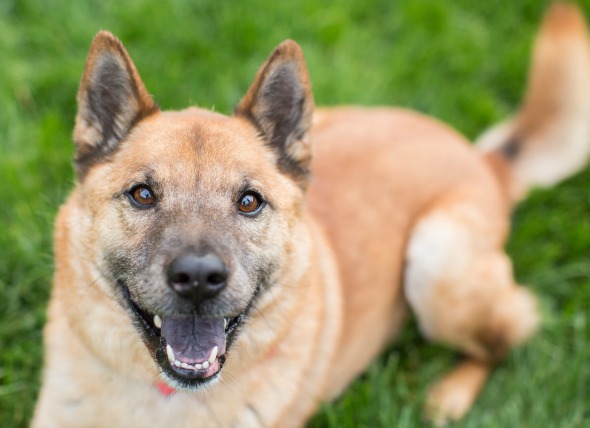 Salmonella Infection in Dogs
Salmonellosis in Dogs
Salmonellosis is an infecti
Salmonella Infection in Dogs
Salmonellosis in Dogs
Salmonellosis is an infecti
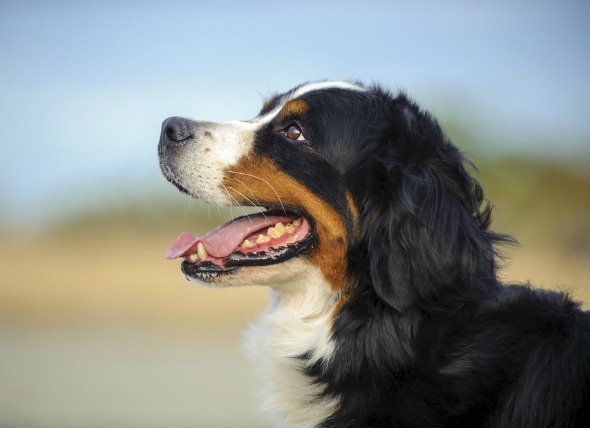 Heart Attack in Dogs
Myocardial Infarction in Dogs
Much like in humans
Heart Attack in Dogs
Myocardial Infarction in Dogs
Much like in humans
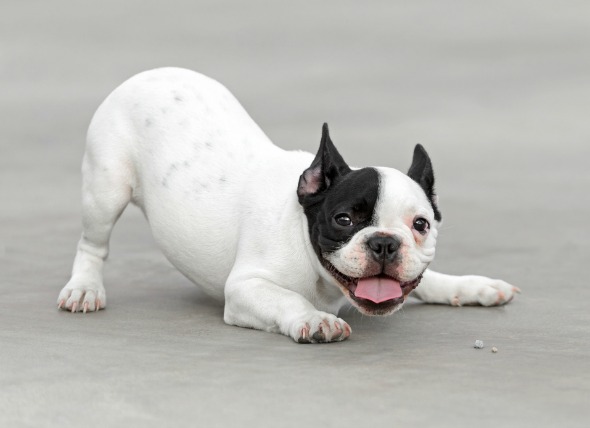 Retained Testicles Dogs
Cryptorchidism in Dogs
The testes normally descen
Retained Testicles Dogs
Cryptorchidism in Dogs
The testes normally descen
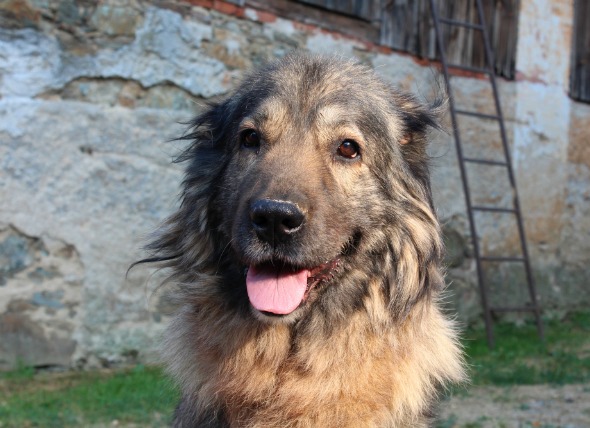 Rapid Heart Rate in Dogs
Sinus Tachycardia in Dogs
Sinus tachycardia (ST)
Rapid Heart Rate in Dogs
Sinus Tachycardia in Dogs
Sinus tachycardia (ST)
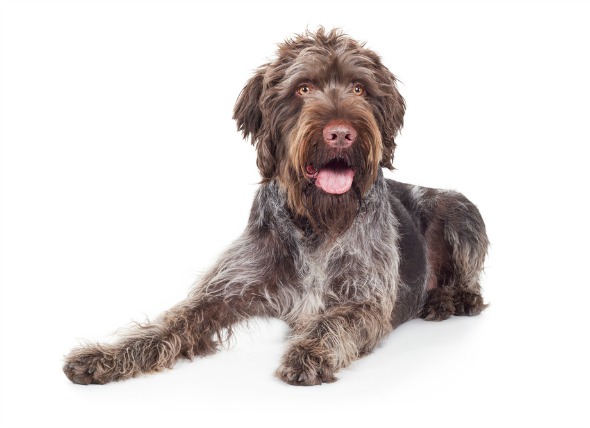 Gallbladder and Bile Duct Inflammation in Dogs
Cholecystitis and Choledochitis in Dogs
The gallb
Gallbladder and Bile Duct Inflammation in Dogs
Cholecystitis and Choledochitis in Dogs
The gallb